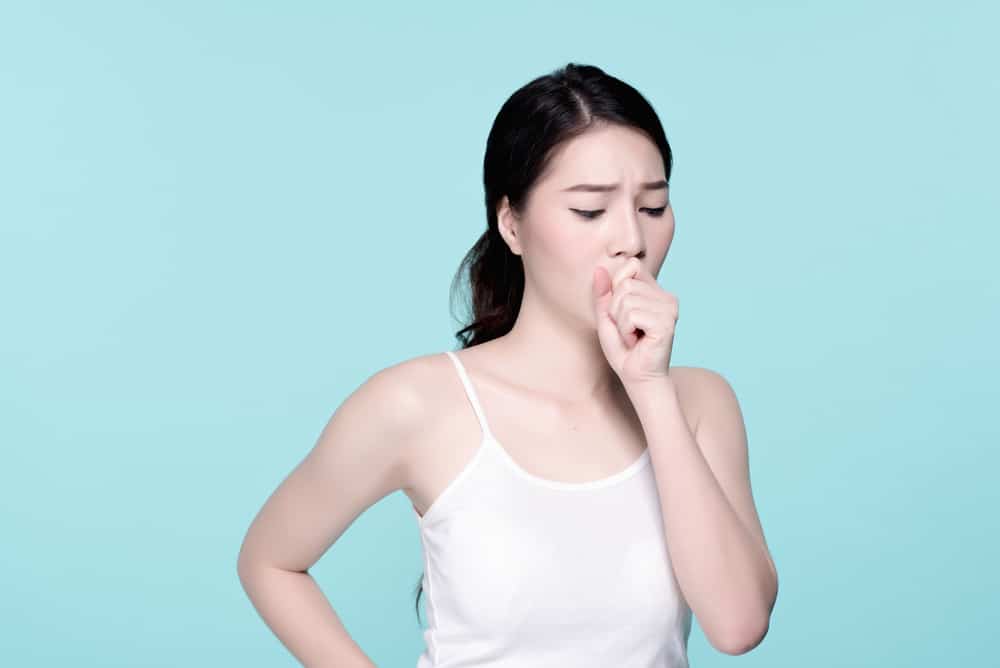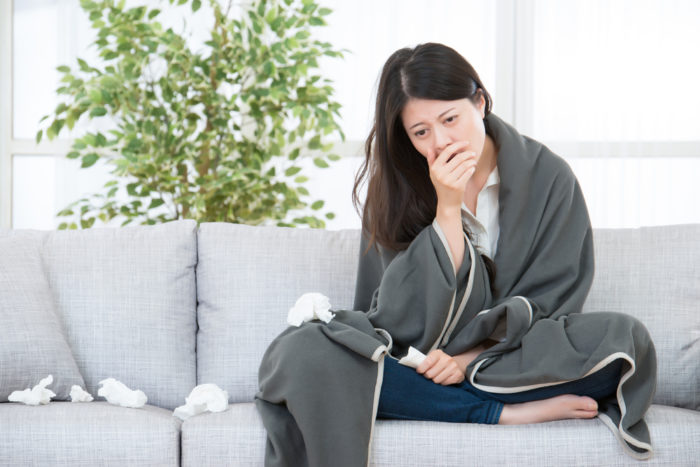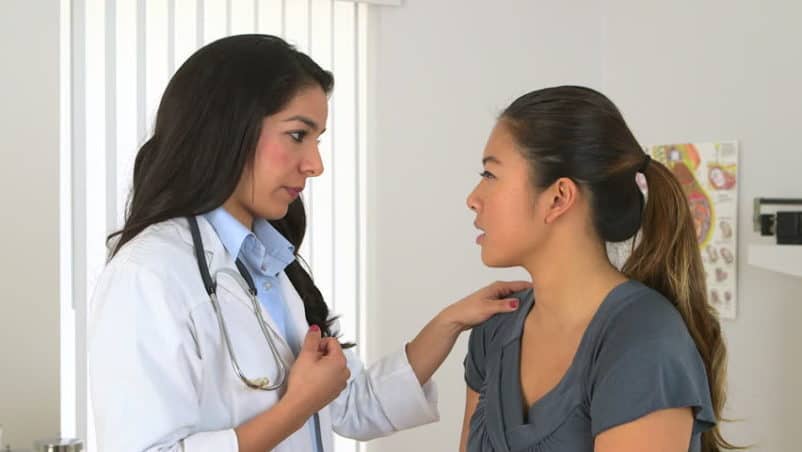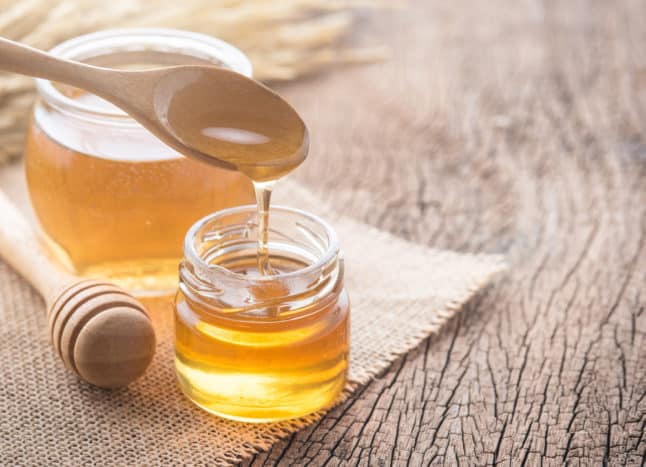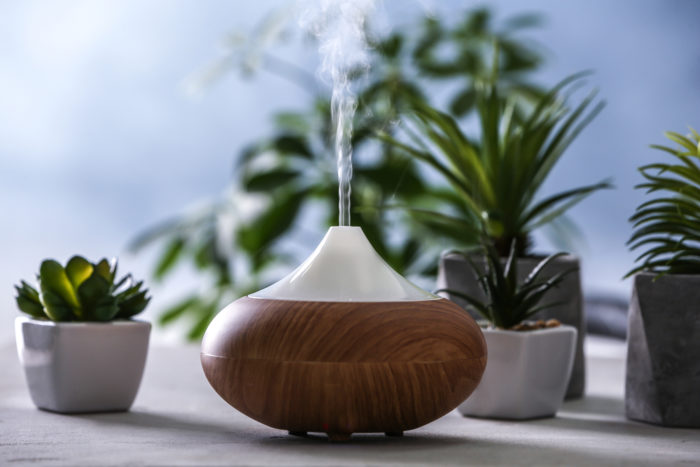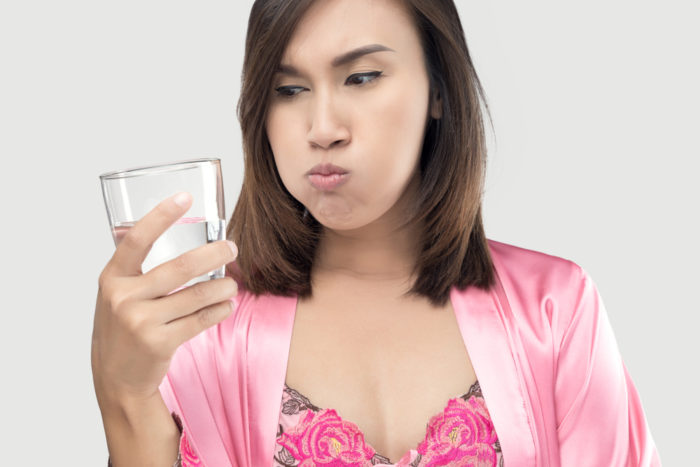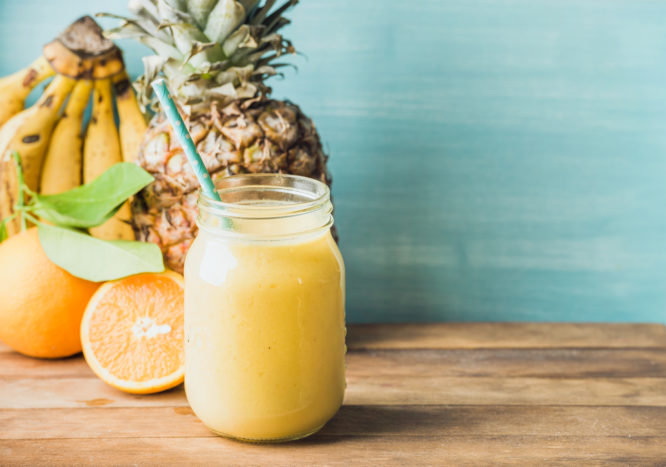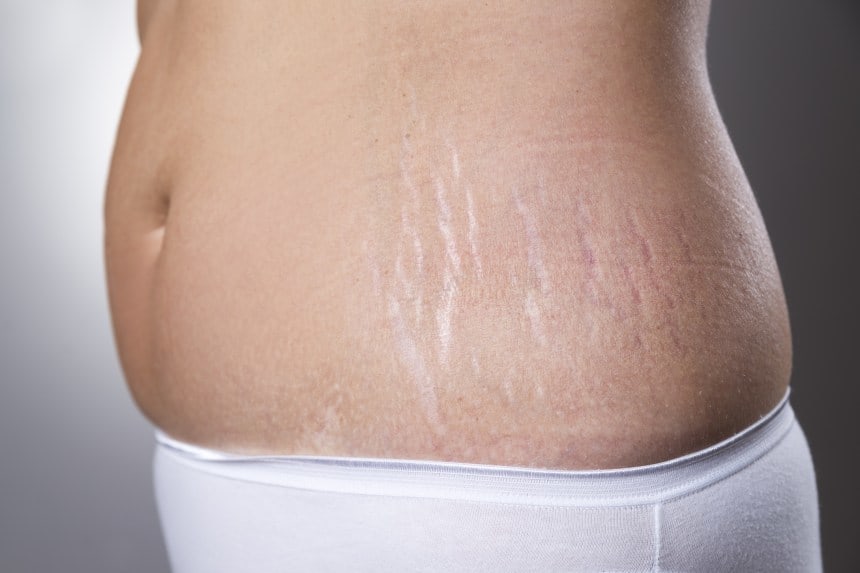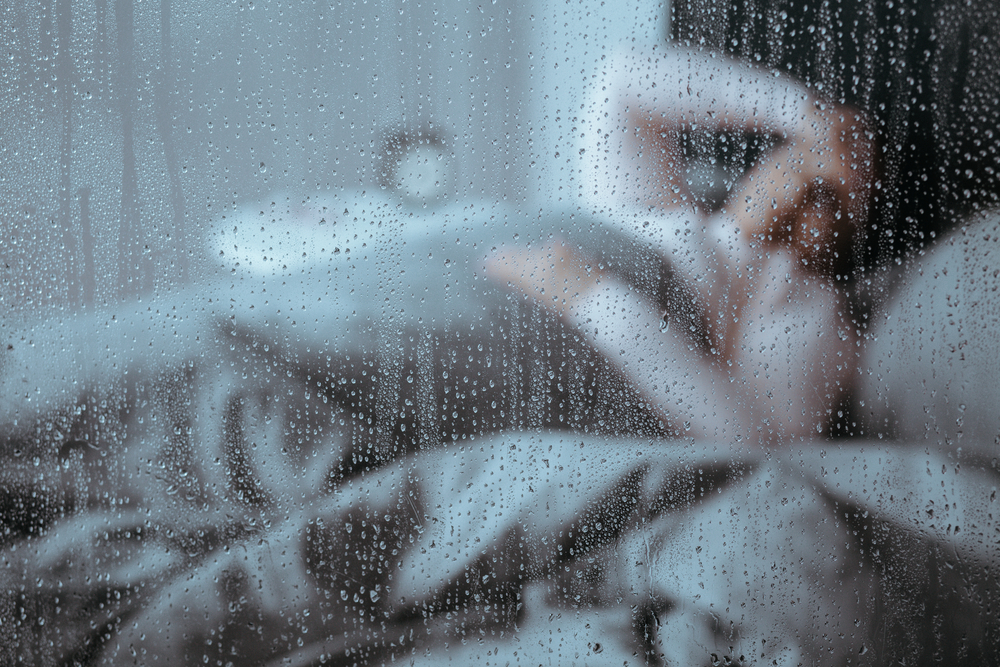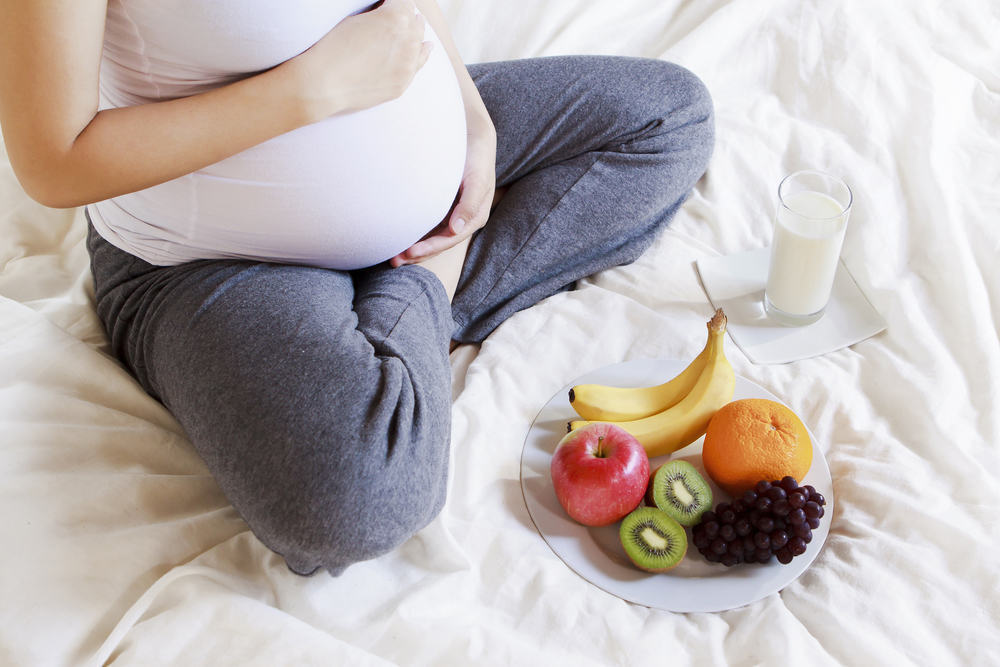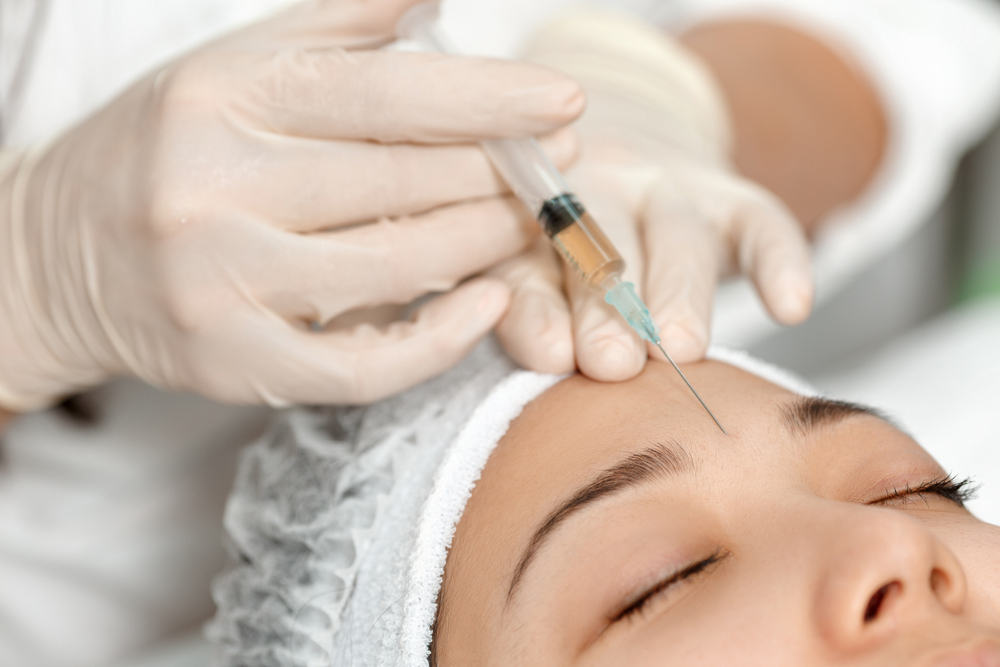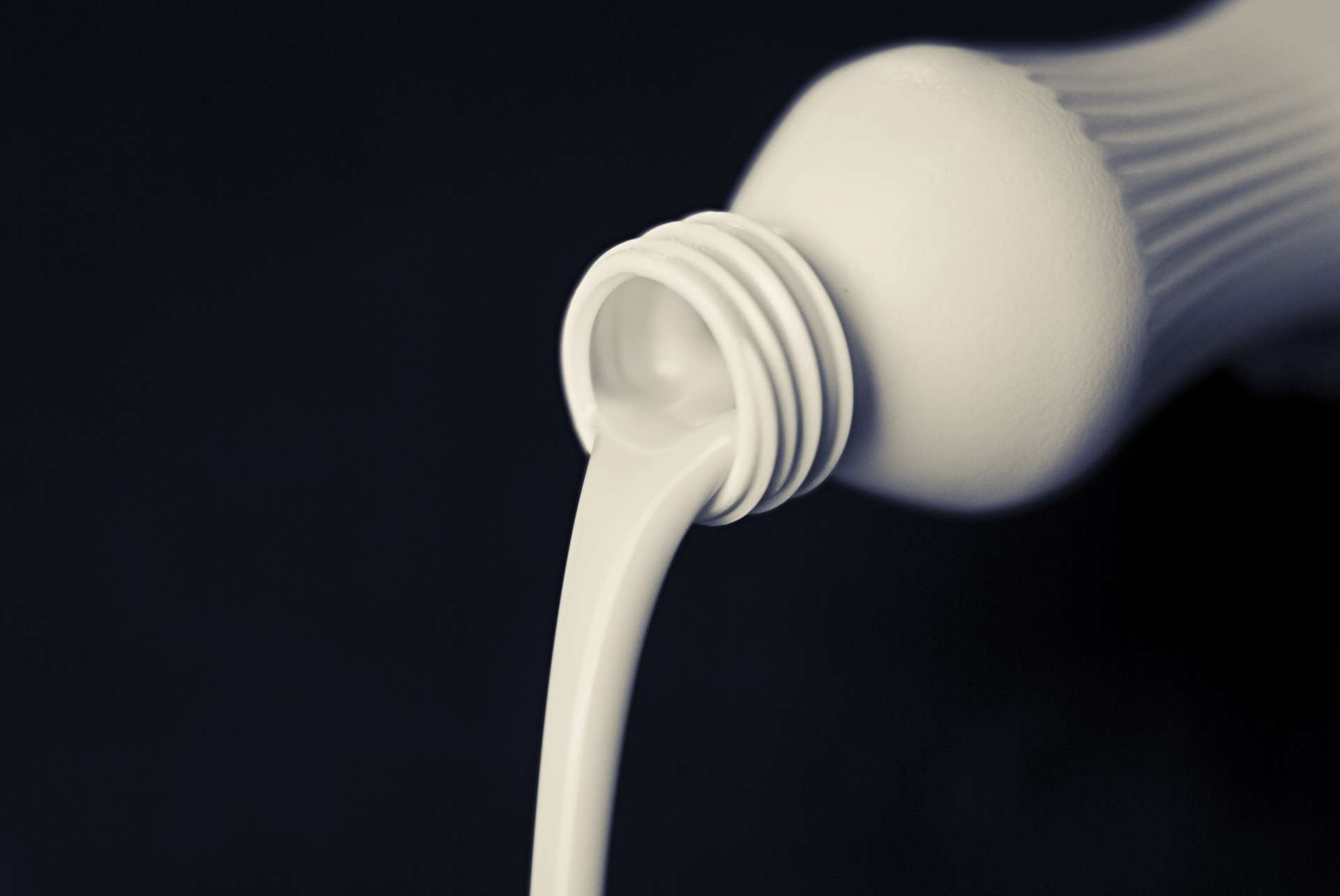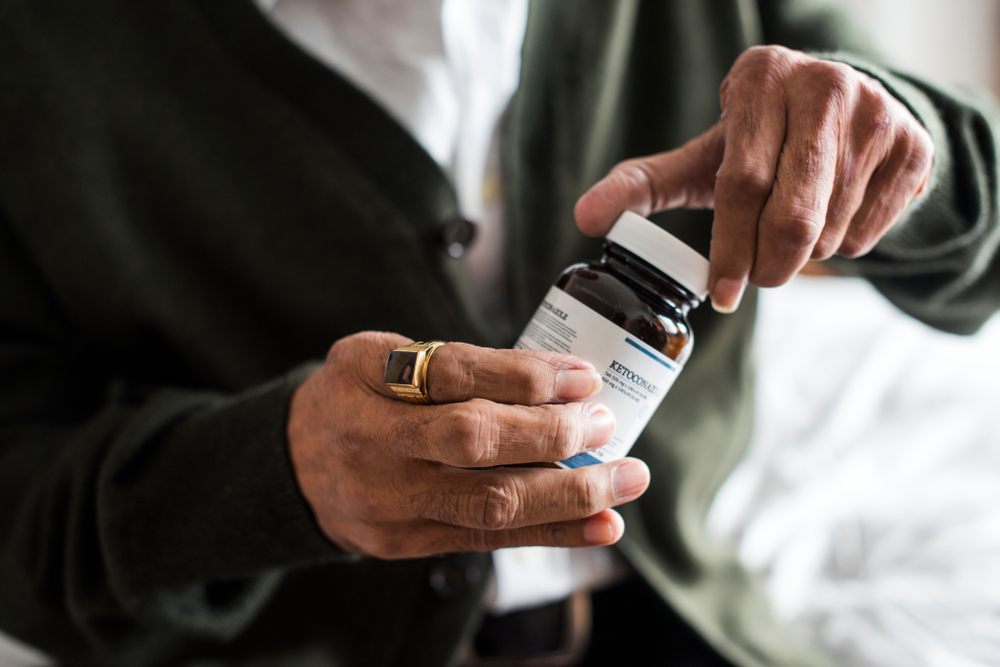Contents:
- Medical Video: 5 common causes of coughing up blood
- Know what is a common cause of cough
- What is cough with phlegm?
- Causes of phlegm cough
- 1. Acute bronchitis
- 2. Pneumonia
- 3. Pulmonary edema
- 4. Other conditions
- How to diagnose cough with phlegm?
- What is the treatment for this type of cough?
- Get to know the causes of phlegm coughing in children
- 1. Colds or upper respiratory tract infections
- 2. Asthma
- 3. Exposure to smoke
- Overcome phlegm cough in children
- Overcome phlegm cough in children with natural ingredients
- 1. Honey
- 2. Use a humidifier
- 3. Warm white water
- 4. Lemon juice
- 5. Rinse salt water
- 6. Pineapple
- Treat phlegm cough in children with medication
- Things to avoid so that cough with phlegm heals quickly
- Cold drinks and food
- Eat mostly at night
- Sleep on your back
- Eat fried foods
- Smoke
Medical Video: 5 common causes of coughing up blood
Phlegm cough and dry cough are some of the types of cough that are commonly experienced by people. One of the most irritating coughs is the condition of coughing up phlegm. This cough is a cough that will make you try to get rid of phlegm which is quite difficult to remove by the throat. What can cause cough accompanied by phlegm? Let's look at the following review.
Know what is a common cause of cough
Previously, you must know that coughing is a normal condition that can occur by anyone and at any time. Many things can cause coughing, but actually coughing is the body's way to relieve the throat and get rid of something that might block the respiratory tract. When these foreign substances enter the body and get stuck in the throat you will automatically cough.
What is cough with phlegm?
Phlegm cough is a cough caused by infection by microorganisms such as bacteria or viruses. One of the bacteria that causes it is bacteria which also causes the common cold or flu.
Your entire respiratory system, especially the throat, will be filled with mucous fluid. Mucus or mucus fluid has many functions, such as keeping your airways moist and protecting your lungs from irritation.
When you fight infections like flu, however, your body will produce more mucus than usual. The body will do this to help trap and repel infectious organisms. Coughing helps you get rid of all the excess mucus that sticks to your lungs and chest.
Causes of phlegm cough
Besides being caused by viruses that cause flu and colds, coughing with phlegm can also be caused by the following:
1. Acute bronchitis
Acute bronchitis is one of the most common causes of cough. Worse yet, this usually happens in the morning. Acute bronchitis refers to the condition of swelling of the airways (bronchi) which are enlarged and caused by viral infections.
Infection of the airways can cause an increase in mucus production. In addition to persistent coughing, symptoms of acute bronchitis can include wheezing and shortness of breath. Fever also usually occurs for one week or more in different people.
2. Pneumonia
Pneumonia is an infection that attacks the air sacs in the lungs. Unlike acute bronchitis, most cases of pneumonia are caused by bacterial infections. While the conditions caused by viruses and fungi are less common.
In addition to coughing up phlegm in the morning, other symptoms also commonly occur such as fever, chills, shortness of breath, weakness, and pain when breathing. Antibiotic treatment is a way to treat bacterial pneumonia. Hospitalization and other breathing aids may be needed for people with severe pneumonia.
3. Pulmonary edema
Pulmonary edema is a condition in which fluid will accumulate in the air sac, causing difficulty breathing. Pulmonary edema usually caused by a heart problem, but there are other medical conditions that can cause pulmonary edema.
4. Other conditions
A number of diseases and other conditions can also cause you to experience a phlegm cough in the morning, such as lung cancer. This condition can also cause you to cough in the morning. This happens when a tumor or cancer blocks your airway.
In addition, there is asthma that can cause you to cough after waking up. Sometimes asthma can cause a dry cough.
Consult your doctor as soon as possible if you experience a phlegm cough, especially if the symptoms do not heal after more than one week.
Immediately go to the emergency department if your phlegm symptoms are accompanied by signs such as high fever, coughing up blood, chills, shortness of breath, chest pain, severe headaches, fainting, weakness, unconsciousness, or pale face.
How to diagnose cough with phlegm?
To diagnose your cough, your doctor must first know how long the disease has occurred and how severe the symptoms are.
Most of the conditions for phlegm cough can be diagnosed by a simple physical examination. If your cough is prolonged or severe, or you have other symptoms such as fever, weight loss, and fatigue, your doctor may also do additional tests below:
- X-ray beam in the chest
- Lung function tests
- Blood test
- Sputum analysis, microscopic appearance of phlegm
- Pulse oximetry, a test to measure the amount of oxygen in your blood
- Arterial blood gas, a test that tests blood samples from arteries to show the amount of oxygen and carbon dioxide in your blood, along with your blood chemistry
What is the treatment for this type of cough?
Do not just because you can not stand the symptoms of cough with phlegm that is felt, you buy and drink any type of cough medicine in the drug store. Even though it looks the same, the cough medicines are basically different types and uses. Here are the types of cough medicines that are suitable for coughing up phlegm:
- Expectorant, which is a drug that is useful for making mucus or mucus in the throat decreases and makes you easier to cough. Therefore, this type of drug is more suitable for people who experience it cough with phlegm, so that the phlegm is easier to remove.
- Drug combination to cure this type of cough. Sometimes, there are brands of drugs that don't only contain expectorants or suppressants. the drug consists of both ingredients, there is even a composition of other drugs such as decongestants. This decongestant is useful to relieve symptomsa cold and relieve blocked airways.
Get to know the causes of phlegm coughing in children
Children often catch the flu. This causes the nose to become blocked or runny, decreased appetite, watery eyes, and sore throat. When flu, even cough with phlegm often accompanies and usually resolves within 1-2 weeks.
However, if a cough with phlegm occurs with a fever, you should immediately check with your doctor. It is feared that there will be bacterial infection in children. Then, what are the causes of phlegm coughing in children?
1. Colds or upper respiratory tract infections
Small children usually have between 6 and 12 upper respiratory infections every year that might swarm around the winter months.
2. Asthma
Asthma-related coughs are usually dry and occur at night, with exercise or in the morning. Asthma cough is usually associated with other symptoms such as wheezing, allergies (eczema or hayfever), or a history of asthma and allergies in the family. If coughing is the only problem the child has, it is very unlikely to occur due to asthma.
3. Exposure to smoke
Secondhand smoke usually causes children to cough even when they are healthy. Make sure your child's environment is smokefree. Install the sticker smokefree to let everyone know your home and car is smokefree.
Overcome phlegm cough in children
Phlegm coughing in children is generally caused by a number of diseases including allergies, flu, and infections. Children cough more often when they lie down, because phlegm can gather behind the throat. Children also generally tend to swallow mucus, not spit it out, so it can make a child get a stomach ache or vomit.
There are various ways to deal with phlegm coughs in children, starting from using natural methods with ingredients that may already be in your kitchen to taking medication.
Overcome phlegm cough in children with natural ingredients
Usually, symptoms of phlegm cough can worsen in the first 2-3 days, and then subside in the next few days while the immune system clears the source of the disease in the body.
1. Honey
Various small studies report that drinking honey to cure phlegm coughs in children is more effective than over-the-counter decongestant drugs. The benefits of honey are believed to come from antioxidants that can fight inflammation in the body.
Give your child ½ teaspoon natural honey for 4-5 times every day. Even so, children under the age of two cannot eat honey because the particles in honey can cause health problems in infants.
2. Use a humidifier
Using a humidifier, bathing in warm water, and eating warm foods or drinks can relieve a child's airway and relieve a sore throat.
3. Warm white water
Water warmth can greatly help thin the phlegm and cause infection. Warm water can also help relieve itchy and uncomfortable throats due to dry sinus tissue.
Help your child drink 6-8 glasses every day when he is sick.
4. Lemon juice
Lemon juice has been reported to be effective to preventtation of phlegm coughs in children, also to cure colds, and respiratory infections.
Give your child one teaspoon of lemon juice every three hours. To note: lemon juice can make children prone to dehydration, so make sure you balance it by giving the child a glass of water every time you want to drink lemon juice.
5. Rinse salt water
Gargling with salt water can relieve an itchy throat which is the cause of coughing. Mix ¼ to ½ teaspoon of salt with 250 ml of warm water. Children under the age of six are not recommended to use this method because the possibility of not gargling properly. You can try other types of treatment for children in this age group.
6. Pineapple
Pineapple as a cough medicine? One study found that pineapple contains bromelain, an enzyme found only in pineapple shoots and fruit. This enzyme can help suppress coughing and thin mucus in the throat. To get optimal benefits, you can consume a piece of pineapple or drink 100 ml of pineapple juice three times a day.
It should be noted, supplements containing bromelain are not recommended for consumption by children or adults who take blood thinning drugs (aspirin) In addition, you also need to be careful about consuming bromelain if you are on antibiotic treatment such as amoxicillin. Bromelain can increase antibiotic absorption. Always consult with your doctor before adding any medication or supplement to treatment.
Treat phlegm cough in children with medication
Phlegm coughing in children can be cured with cold medicines or decongestant cough medicines that are sold freely, both at the pharmacy and the nearest drug store.
However, cough and cold medicines containing expectorants or decongestants should not be given to children under 4 years of age. After the age of 6, these drugs are safe to use, but follow the recommended dosage instructions.
To speed up healing, make sure your child drinks enough water and provides healthy foods high in vitamin C and protein that can increase his stamina. Don't forget that the child's oil is enough to rest during the illness. You can also use a humidifier, or take a shower with warm water, to relieve a blocked airway.
An irritating cough can last up to 2-4 weeks after other symptoms disappear. Immediately consult a doctor for further efforts if the cough with phlegm in children does not heal, gets worse, or other new symptoms arise.
Things to avoid so that cough with phlegm heals quickly
Cold drinks and food
According to Pradip Shah, doctors at Fortis Mulund Hospital in India, generally coughs and colds triggered by cold foods such as ice cream and other cold drinks. Although there is no scientific evidence when how cold food triggers and exacerbates cough conditions, patients are usually advised to avoid cold intake until their cough is declared cured.
One plausible explanation of these restrictions during coughing is that cold food drinks will cause drying in the respiratory lining so that it is prone to infections that trigger coughing due to irritation and inflammation in parts of the body.
Eat mostly at night
JDon't overeat at night before you go to bed when you are coughing again. This can be a trigger for coughing for people who suffer from disease gastroesophageal reflux (GERD) aka stomach acid.
People who have GERD may have a system in the body that is not very good between the contraction and relaxation of the sphincter muscle. The two tissues that are connected to the muscle function prevent food reflux from going up into the esophagus. As a result, stomach acid can flow back into the food pipe, causing irritation of the lining to trigger coughing. So, it's better to eat dinner at the beginning and sleep 2 hours after you eat.
Sleep on your back
The position of the body when sleeping is an important factor in abstinence when coughing must be obeyed, if you really want to cough quickly recover. By sleeping on your back, it will trigger coughing at night, especially if you have a productive cough.
All mucus and phlegm that will be collected throughout the day, flow upward towards the throat when you sleep extensively. Conversely, sleeping on his side will keep the phlegm settled and avoid coughing at night.
Eat fried foods
Eating fried and oily foods is one of the triggers of coughing to get worse. When frying in hot oil, food will produce a compound called acrolein, which acts as an allergen and worsens coughing and causes throat itching.
So as long as your cough has not recovered properly, it's best to avoid oily and fried foods, so the cough doesn't get worse.
Smoke
Smoking is one of the causes of cough which will lead to disease bronchitis. Not only that, smoking will irritate the lining of the throat, and also delay the recovery can even increase the risk of cancer. Likewise with passive smokers, avoid cigarette smoke if you do not want to cough you more and more.

